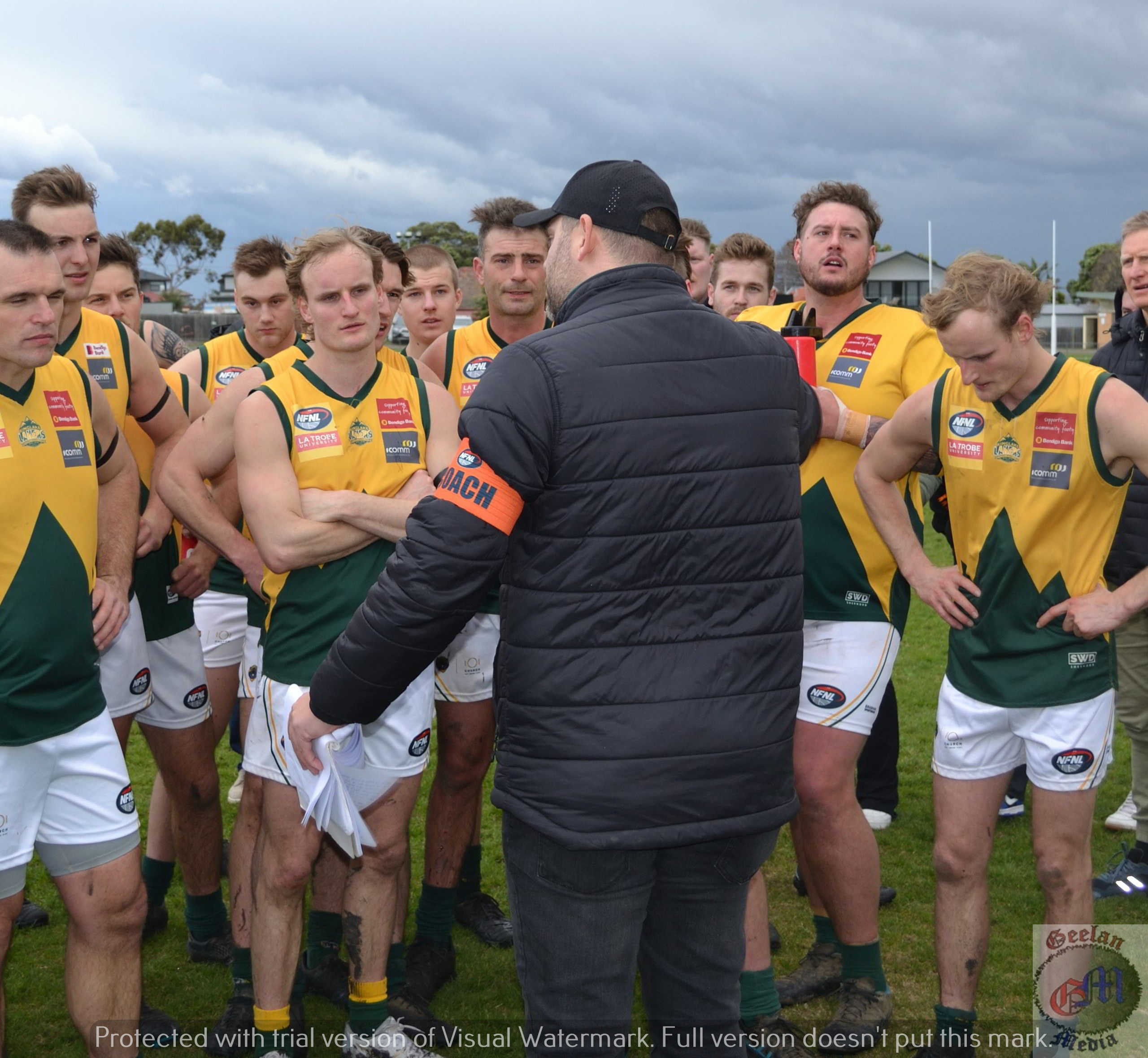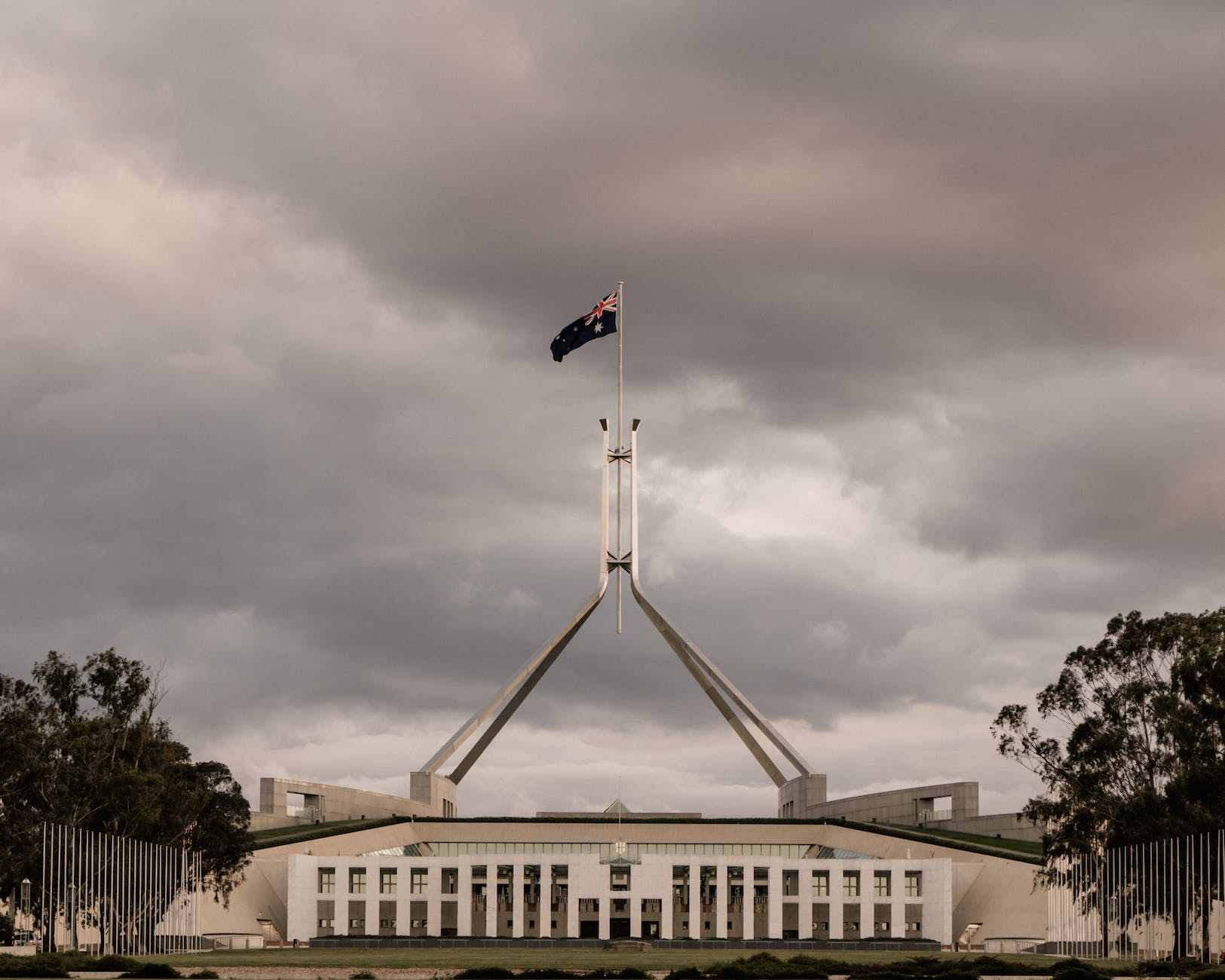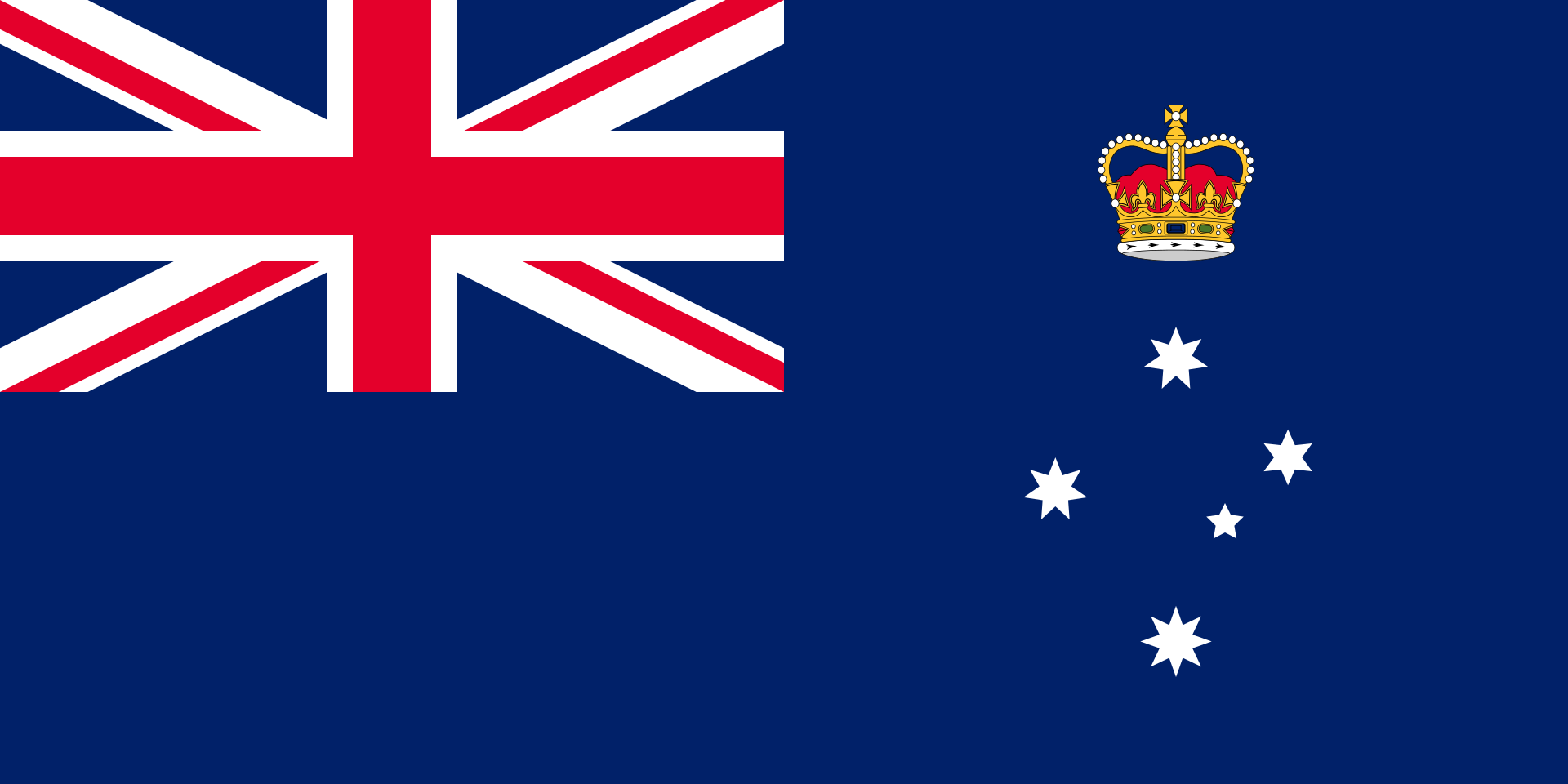If then-Prime Minister Scott Morrison had had his way, Gladys Berejiklian would have run for the Sydney seat of Warringah, held by independent Zali Steggall, at last year’s election.
Imagine the situation Opposition leader Peter Dutton would be in now – after Thursday’s Independent Commission Against Corruption finding the former New South Wales premier had acted corruptly – if she’d agreed, and pulled off a very long-odds win against the popular Steggall.
Dutton might have been facing yet another byelection, on top of the current one in the Queensland seat of Fadden, which has been triggered by the resignation of former minister Stuart Robert.
Robert, as it happens, has been accused of misusing his position in relation to government contracts, allegations he totally denies, but which are being exploited by Labor in the July 15 contest.
Morrison wanted Berejiklian as candidate because she was a vote magnet; he dismissed ICAC as a kangaroo court. Some other Liberals, and many voters, couldn’t believe Berejiklian might have compromised her integrity. One line being put forth painted her as the victim of an unscrupulous man. Some people simply didn’t much care about the claims against her.
For many female voters, Berejiklian was the poster face for how high women could fly in politics. During COVID, her status soared as a leader who successfully juggled health and economic imperatives. In May 2021, the Australian Financial Review magazine proclaimed her “The Woman Who Saved Australia”.
But it had been clear in October 2020 when she gave evidence (as a witness) to ICAC, in which she revealed her secret relationship with ex-boyfriend and former member for Wagga Wagga, Daryl Maguire, that she had not followed proper standards of conduct.
The phone taps of their conversations, in which Berejiklian turned a deliberately deaf ear to Maguire’s dodgy dealings, were devastating. Her failure to disclose this personal relationship was inexplicable to those who thought they knew her well, including former Premier Mike Baird. Suddenly, she became a mystery to them.
It was, however, not until a year later that Berejiklian resigned, after ICAC turned its blowtorch directly on to her. She strongly maintained her innocence, and the NSW Coalition government lost what was probably its last chance of survival.
ICAC’s findings against Berejiklian are blunt and damning. It condemned as “serious corrupt conduct by breaching public trust” her intense efforts to ensure Maguire obtained the funding he sought for his electorate, while she failed throughout to disclose their personal relationship.
It also found she did not do her duty under the ICAC Act “to notify the commission of her suspicion that Mr Maguire had engaged in activities which concerned, or might have concerned, corrupt conduct”.
Despite the ICAC findings, many people are likely to remain sympathetic to Berejiklian. For them, she is not just someone who was successful as premier, but a very relatable person.
Even NSW Labor Premier Chris Minns said nothing in the report took away from Berejiklian’s “handling of the COVID emergency, which I still regard as excellent”.
In the wake of the ICAC report, Berejiklian was, as ever, publicly defiant. “At all times I have worked my hardest in the public interest. Nothing in this report demonstrates otherwise,” she said in a brief statement. Berejiklian, now in a senior position with Optus, doesn’t do contrition.
She is the third Liberal premier to be brought down by ICAC – the others were Nick Greiner (who set up ICAC and later had the finding against him overturned in court) and Barry O’Farrell (over an expensive bottle of wine). It is an extraordinary record.
ICAC itself has not emerged unscathed from the Berejiklian inquiry, with criticism in particular of the extremely long time it has taken to deliver its report. Minns has indicated he is open to reforms of ICAC, and will seek bipartisan support.
Notably, Minns also flagged public figures should not necessarily have to stand down while inquiries into their conduct run. “It shouldn’t happen in an automatic way. People have a right to have an investigation and the final findings submitted to the public and the parliament, before their political life has stopped or ended.”
Some critics believe ICAC’s conclusion on Berejiklian is too harsh. The argument is also being put that it leaves Berejiklian in limbo – condemned as “corrupt” but with no charges recommended. Former NSW treasurer and leading party moderate Matt Kean declared: “So it has taken ICAC two years to tell us that Gladys Berejiklian has not broken the law.”
The counter argument, however, is that conduct can be “corrupt” without actually meeting the standard of illegality, and that such findings by an anti-corruption body act as deterrents and protect the body politic.
By coincidence, the finding on Berejiklian has come just as the new federal National Anti-Corruption Commission, under Paul Brereton (of the Afghanistan war crimes inquiry), comes into operation on Saturday. We know a federal body is overdue; we can’t know what impact the NACC will have over coming years, except that there will be surprises.
Under the NACC’s act, a public official engages in corrupt conduct if they breach public trust, abuse their office, or misuse official information. The act catches a person who is not an official (for example, a contractor to government) who does something adversely affecting an official’s “honest or impartial exercise of powers”. In their detail, these provisions are very broad.
Bearing in mind the experience of ICAC and other anti-corruption bodies, safeguards have been built in by the government. The NACC (which starts with about 180 staff) will have fewer public hearings than ICAC. It will have these only in “exceptional circumstances and where it is in the public interest”. This restriction was strongly contested by those who argued more transparency was desirable.
Even with the safeguards, there are said to be some private concerns within Labor about how the NACC will work out, given how feral federal politics can become.
Aware of the criticism of ICAC, the new federal body will presumably be very cognisant of the need to do its work in a timely fashion.
It won’t be short of suggestions for its early investigations. Possible or likely referrals range from the allegations against Robert to the PwC affair, while former minister Linda Reynolds has said she will refer the government’s compensation payment to Brittany Higgins.
Robodebt has had a royal commission – its report will be out imminently – so there would be little point in the NACC redoing that investigation.
It will be completely up to the NACC what it decides to investigate and, mostly, we won’t know what it is doing until the late stage or end of an inquiry.
While the NACC has strong public support, the experience of ICAC indicates any anti-corruption body will inevitably, over the years, find itself at the centre of intense controversies. With the power to break public figures, the stakes in some investigations will be very high.![]()





























